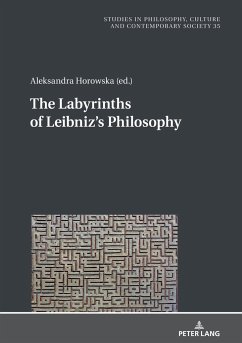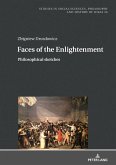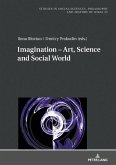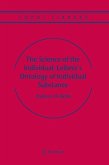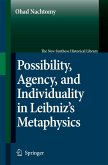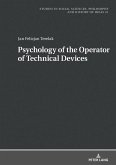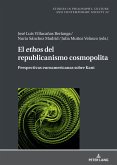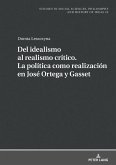This volume explores the various 'labyrinths' of Leibniz's philosophy, that is, hard-to-solve problems in which the human mind becomes entangled. Although the Hanoverian explicitly distinguished two such labyrinths (freedom and continuum), one may notice that in his theory there are more intricate issues the thinker can resolve with the help of the 'Ariadne's thread' - a certain principle to be followed by the reflecting mind. In the perspective of the mazes of theodicy, consciousness and absolute and relative differences, the authors try to unravel issues such as: the etymology of 'theodicée', the concepts of freedom and metaphysical evil, the reception of monadology by Olivier Sacks, the understanding of 'panpsychism', the similarity between jurisprudence and theology, and many others.
Bitte wählen Sie Ihr Anliegen aus.
Rechnungen
Retourenschein anfordern
Bestellstatus
Storno

